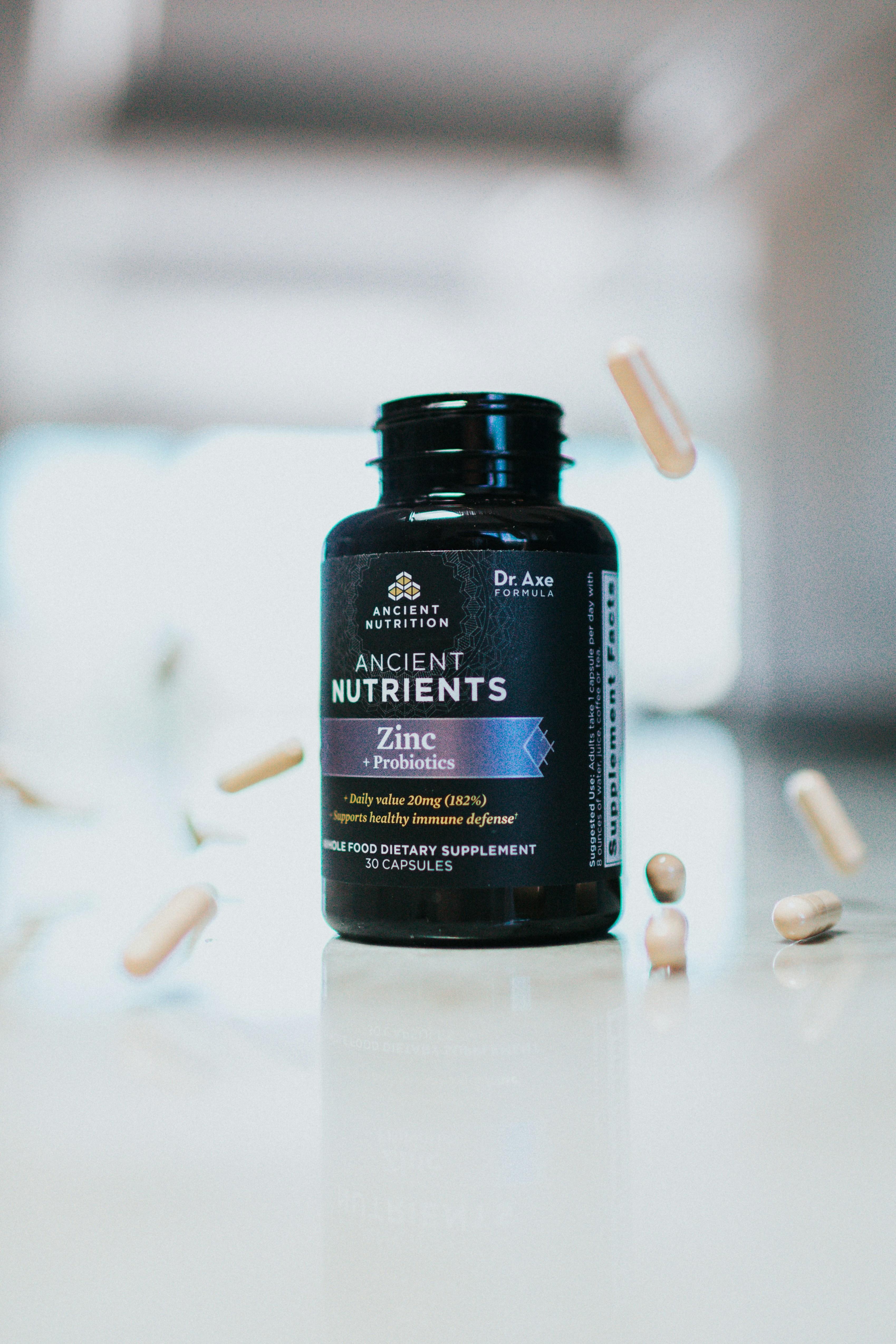In the bustling world of modern parenting, where every decision feels like a critical step in shaping the future, choosing the right supplements for children’s health can seem like navigating a labyrinth. With aisles of brightly colored bottles and promises of enhanced growth, sharper minds, and fortified immunity, it’s easy to feel overwhelmed. Yet, beneath the surface of marketing claims lies a crucial question: how do we truly determine what our children need to thrive? This article embarks on a journey through the world of children’s supplements, offering guidance and insights to help you make informed decisions that align with your child’s unique health needs. Whether you’re a seasoned parent or new to the realm of child nutrition, join us as we explore the path to nurturing vibrant, healthy young lives.
Understanding Childrens Nutritional Needs
Children’s nutritional requirements can be complex, and finding the right supplements to support their growth and development is essential. Choosing supplements should be based on your child’s specific needs, age, and dietary gaps. Consider factors such as their eating habits, any known deficiencies, and the recommendations of healthcare professionals. It’s important to remember that supplements should not replace a balanced diet but rather complement it to ensure all nutritional bases are covered.
When selecting supplements, look for products that are age-appropriate and contain natural ingredients without artificial additives. Some essential nutrients to consider include:
- Vitamin D: Supports bone health and immune function.
- Omega-3 Fatty Acids: Crucial for brain development and cognitive function.
- Calcium: Necessary for strong bones and teeth.
- Iron: Important for healthy blood cells and energy levels.
Always consult with a pediatrician before introducing new supplements to ensure they are safe and beneficial for your child’s health.

Decoding Supplement Labels for Informed Choices
When selecting supplements for children’s health, understanding the label is crucial to making informed choices. Labels can often seem like a jumble of scientific jargon and marketing claims. To simplify the process, look for key elements that signify quality and safety. Ingredients should be your first checkpoint; prioritize those with recognizable names and proven benefits. Be wary of products with long lists of additives, fillers, or artificial preservatives.
- Serving Size: Check the recommended dosage and ensure it aligns with your child’s age and weight.
- Nutrient Form: Some forms are more easily absorbed by the body. For example, methylated forms of vitamins are often more bioavailable.
- Certification Seals: Look for seals like NSF, USP, or ConsumerLab, which indicate third-party testing for quality and purity.
Additionally, be cautious of labels with vague claims such as ”boosts immunity” or “supports brain health” without evidence or references. Always consult with a healthcare professional before introducing new supplements to ensure they are necessary and beneficial for your child’s specific needs. This mindful approach helps in nurturing a healthy lifestyle through well-informed decisions.
Consulting Healthcare Professionals for Personalized Advice
When considering dietary supplements for children, it’s essential to engage with healthcare professionals to tailor choices to your child’s unique needs. Pediatricians and dietitians can offer invaluable insights into a child’s growth patterns, nutritional deficiencies, and overall health requirements. Consulting these experts ensures that the supplements chosen complement the child’s diet and address any specific health concerns.
Key considerations when seeking professional advice include:
- Understanding any existing medical conditions or allergies.
- Discussing the child’s current diet and lifestyle.
- Evaluating the efficacy and safety of potential supplements.
- Ensuring the correct dosage and administration method.
By collaborating with healthcare providers, parents can confidently select supplements that bolster their child’s health, promoting optimal development and well-being.

Balancing Diet and Supplements for Optimal Health
Choosing the right supplements for children’s health can often feel like navigating a maze. It’s important to remember that supplements should complement a balanced diet, not replace it. Before adding any supplements, consider the child’s daily nutritional intake and identify any potential gaps. Consult with a healthcare professional to tailor choices to the child’s specific needs, ensuring they align with age, activity level, and any existing health conditions. Vitamins and minerals that are commonly beneficial include:
- Vitamin D: Essential for bone health and immune function, especially in regions with limited sunlight exposure.
- Omega-3 Fatty Acids: Supports brain development and cognitive function.
- Calcium: Important for growing bones and teeth.
- Probiotics: Can aid in maintaining a healthy gut flora, which is crucial for digestion and immune health.
When selecting supplements, opt for those that are age-appropriate and free from artificial additives. Look for certifications that ensure quality and safety, such as those from reputable health organizations. Remember, the goal is to support overall well-being through a holistic approach that includes both a nutritious diet and the right supplements.








